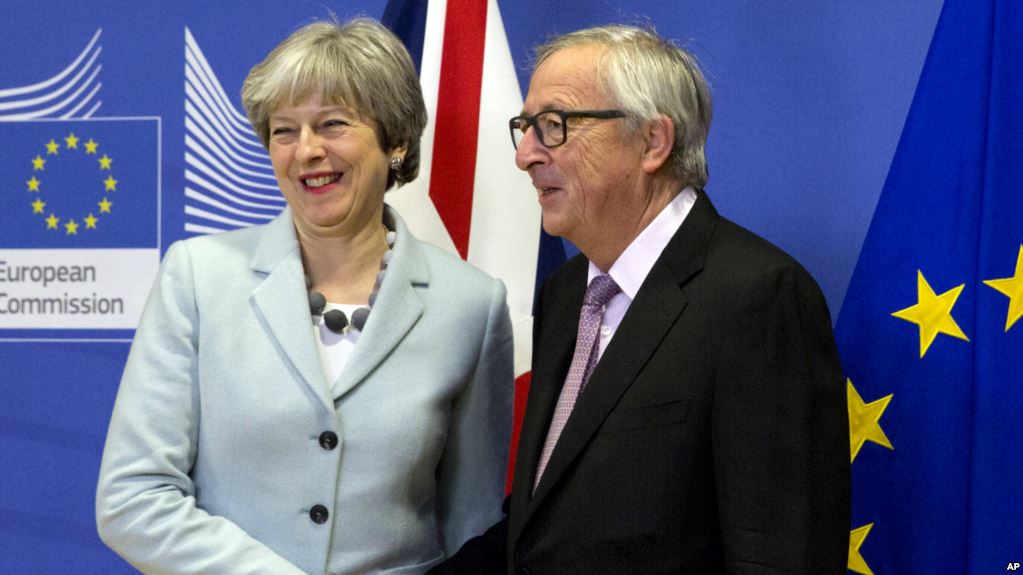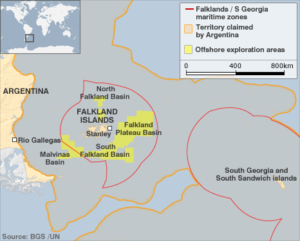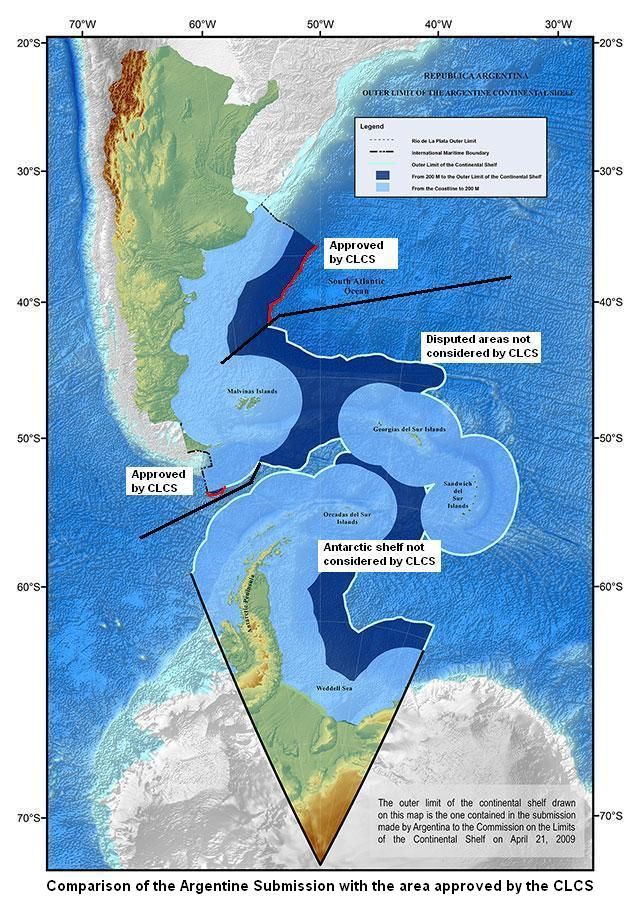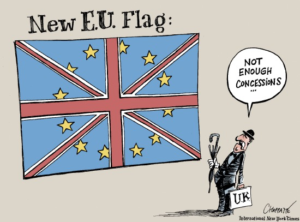The 2016 Brexit referendum in the United Kingdom (UK) was the surprising outcome of a national plebiscite. Initially dismissed as a long shot by many political scientists, there is now a degree of consensus that the result reflects a delayed response to the effects of globalization in general and to the 2007-2009 Great Recession in particular. The problem is very real as large groups of blue-collar workers see their opportunities decreasing and their jobs moving to cheaper labour markets in Asia and elsewhere. As the dust settles on the referendum, the question remains whether Brexit is really the cure for the malaise that led to it or whether more sober voices in the United Kingdom will drive alternative solutions.
Project Fear Redux
In the campaign before the vote, the Remain argument relentlessly focused on the likely economic consequences of Brexit, arguing that living standards would fall and jobs would be lost as investment dried up. Brexit campaigners labelled this “Project Fear” and mocked the professional economists that issued warnings as “know-nothings”. For a time, it seemed the Brexiteers were right.
After Brexit day in June 2016, the United Kingdom’s economy continued to prosper and showed little evidence of damage other than an immediate 12-15% fall in the value of the British Pound relative to both the US Dollar and the Euro. In fact, in 2016 the UK’s economy remained one of the best performing of the G7 large Advanced Economies, growing at 1.8%. It was as if the ship had hit an iceberg but nothing had changed up on deck. Though Brexiteers continued to ridicule the “know-nothings”, by the end of 2017 a very different story was emerging.
The United Kingdom is now one of the slowest growing of the G7 Advanced Economies, likely to register only a 1.5% growth rate for 2017. Investment is down and inflation is now over 3%; the highest in the G7. Inflation adjusted wages and consumer confidence are also falling with particularly dramatic decreases in car sales, down over 12% year on year in October 2017 according to the Financial Times. As the threat of Brexit grows imminent, the International Monetary Fund is very clear about Brexit’s increasingly negative effects on the United Kingdom’s economy. More worrying, the British Government cut its own economic growth forecasts for 2018 to 2022 more heavily than it has for any other five-year period in the last 40 years. Private forecasts are also broadly of the same view.
It is now abundantly clear that the so called “know-nothings” were not so much wrong as simply guilty of underestimating the strong forward momentum of the British economy at the time. A sharp fall in the exchange rate following the June 2016 referendum, combined with the Bank of England’s accommodative decision to cut the UK Base Rate from 0.5% to 0.25%, certainly aided the economy’s short-lived momentum. If the central bank did this with the intention of softening the blow, it did not last long. Project Fear it seems, is making a comeback.
The Will of the People
At this point, avoiding Brexit will not be easy. Any reversal of Brexit depends upon a significant and sustained shift in public opinion. Without it, Parliament is highly unlikely to vote down the Government’s impending deal, due in late 2018, that will set the terms for the UK’s exit from the European Union (EU) in March 2019. The earlier deal with the EU in December 2017 provided proof—if it were required—that the UK is being out-negotiated by a much better prepared team in Brussels. Indeed, on all main points of agreement so far, the UK has accepted the EU’s demands; something many Brexit supporters are starting to see as a sign of the UK’s weak negotiating position.

However, Britain’s poor negotiating performance in the halls of the European Commission in Brussels will not turn the tide alone. This will only happen when ordinary men and women begin to suffer from Brexit’s negative consequences. Given the way the economy is now slowing, it seems the average Briton is in for some very poor economic news over the course of 2018. In the initial referendum, 48.5% voted to remain in the EU but polls suggest the British are changing their minds. The most recent poll taken just before Christmas shows 53% now wish to remain in the EU, with a noticeable shift by middle and working class women concerned about potential impacts on jobs and family finances.
As this national change of heart accelerates in response to bad economic news, calls for a second referendum will become louder. The Government can and probably will ignore them initially but once the polls start showing 60% in support of a second referendum and/or a desire to stay in the EU, the dam will break. Just as “the will of the people” was used by the pro-Brexit media to bludgeon the current Government into a Brexit-at-any-cost policy, so too will public opinion embolden Parliament to stop the Government on this reckless path.
Different Solutions
Addressing the challenges of globalization, the Great Recession, and the loss of secure jobs for average to low-skilled workers remains a critical policy challenge for all Western governments. And whilst the populist spasm that resulted in Brexit is understandable, it is surely not the solution. The alternative to the low tax and small government mantra of right wing populism is likely to be a centre left agenda comprising more state intervention and investment in public services such as healthcare and education. Experimentation with more radical ideas such as a citizens’ basic income may also become more widespread, especially as artificial intelligence and other job destroying technology washes over the economy.
All this favours Jeremy Corbyn’s Labour Party, which is committed to a more radical, anti-globalization agenda than the current Brexit-supporting Tory Party. With the British anti-globalization fight thus championed from the left rather than the right, it is possible the same phenomenon could take place in the United States, reversing the rightward trend occurring in politics there since 2012. If events in the UK continue this way—a prospect which seems likely—the death of Brexit could mean a return from the right. This effect will be felt not just in London, but in Washington too, producing a global impact that will make an increasing number of British voters very proud indeed.
 Adam Pharaoh is a former Auto (Volvo & GM) and Pharma (J&J) industry executive that now runs Pharaoh & Company SPRL, a consultancy on Strategy and Organisational challenges, mainly in Europe and Asia. He is a close observer of UK and EU politics and contributes regularly to debates in The Financial Times. He lives in Brussels.
Adam Pharaoh is a former Auto (Volvo & GM) and Pharma (J&J) industry executive that now runs Pharaoh & Company SPRL, a consultancy on Strategy and Organisational challenges, mainly in Europe and Asia. He is a close observer of UK and EU politics and contributes regularly to debates in The Financial Times. He lives in Brussels.
For more on Brexit from The Affiliate Network, please see:
The Sky is not Falling on the European Union by Victor Angelo
The Spark to Redefine “Europe” by Nick Avila
With or Without the EU: Brexit and Security by Victor Perez-Sañudo





 CPT Jonathan Nielsen is a U.S. Army Infantry Officer with combat experience in multiple countries in the Middle East and extensive multinational training experience. He is currently attending the University of Belgrano in Buenos Aires. The views expressed in this article are those of the author and do not reflect the official policy or position of the U.S. Army, or the Department of Defense.
CPT Jonathan Nielsen is a U.S. Army Infantry Officer with combat experience in multiple countries in the Middle East and extensive multinational training experience. He is currently attending the University of Belgrano in Buenos Aires. The views expressed in this article are those of the author and do not reflect the official policy or position of the U.S. Army, or the Department of Defense.

